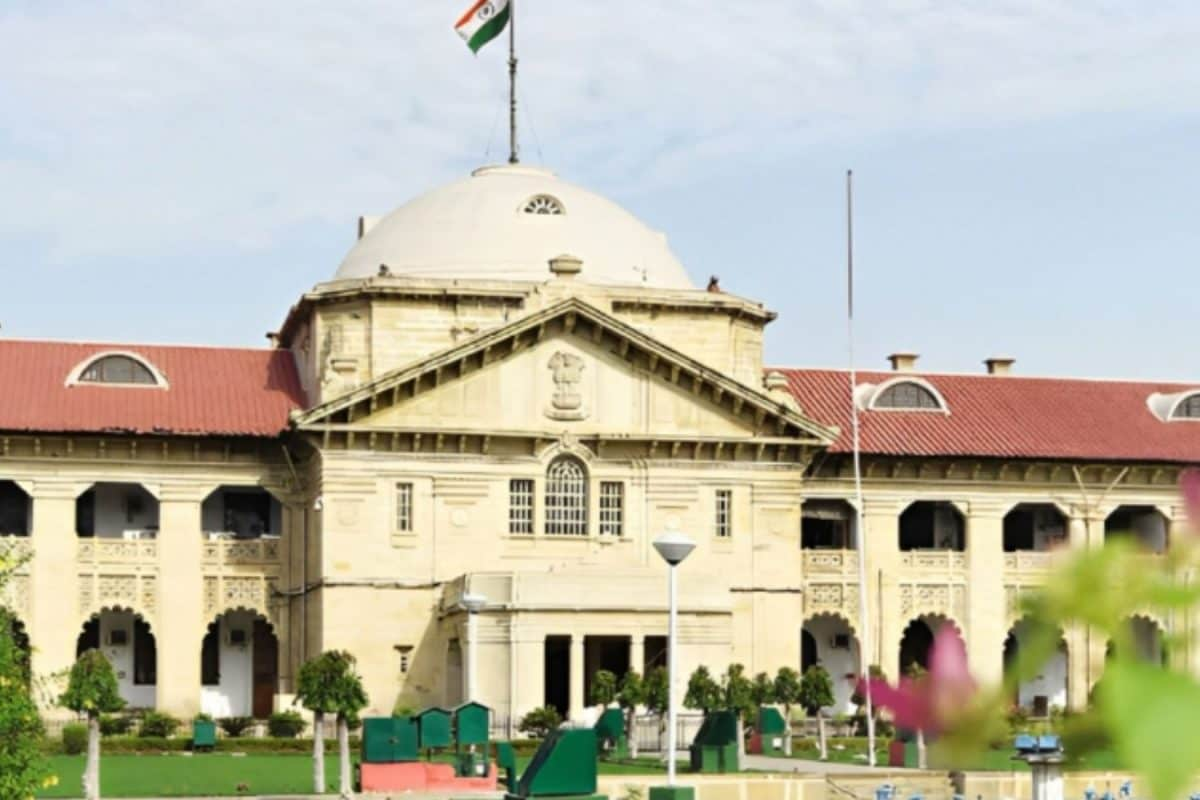

The Allahabad High Court has intervened in a case involving a minor accused of rape and abortion, directing that he be tried as a juvenile, highlighting the potential dangers of the digital age on adolescents. Justice Siddharth's bench overturned orders from the Juvenile Justice Board and the Protection of Children from Sexual Offences (POCSO) Court in Kaushambi, which had mandated the 16-year-old be tried as an adult.
The case involves allegations that the boy had a year-long physical relationship with a 14-year-old girl, resulting in her pregnancy. It is further alleged that the boy, along with two adults, administered abortion-inducing medicine to the girl, leading to a miscarriage.
In its ruling, the High Court emphasized the "disastrous effects" of television, the internet, and social media on the minds of adolescents, noting that these mediums contribute to a loss of innocence at a young age. The court expressed concern that the government seems unable to control the harmful influence of these technologies due to their uncontrollable nature. It cautioned against a growing "retributive approach" in juvenile justice, observing that adolescents are "crash-landing into adulthood" under the weight of technology, without the emotional or mental maturity to cope.
The High Court scrutinized the psychological assessment of the juvenile, which revealed an IQ of 66, with his mental age assessed to be around six years old. The report also highlighted poor academic performance and limited social interaction, suggesting a mild intellectual disability. Despite these findings, the Juvenile Justice Board and the POCSO Court concluded that the boy understood the consequences of his actions and should be tried as an adult. The High Court disagreed, deeming their reasoning flawed and the process procedurally deficient. The court stated that the decisions of the lower courts were "contrary to the provisions of the Act and the Rules framed thereunder".
Referring to the expert findings, the bench stated that the revisionist, with a score of 62, falls into the borderline category based on BKT IQ categories, which is even below the category of low/below average. The court emphasized that merely committing a heinous crime should not automatically lead to treating a juvenile on par with an adult, especially when their social exposure is also found to be deficient.
The Allahabad High Court has directed the Juvenile Justice Board in Kaushambi to conduct a fresh trial in accordance with the Juvenile Justice Act. The court also directed the Registrar (Compliance) to communicate the order to the Juvenile Justice Board, Kaushambi, within three days.
This ruling underscores the judiciary's growing awareness of the unique challenges faced by young people in the digital era and the need for a more nuanced approach to juvenile justice, considering the potential impact of technology on their development and culpability. The court has also acknowledged that the nature of technological means is such that neither the government can completely control nor impose a complete ban.